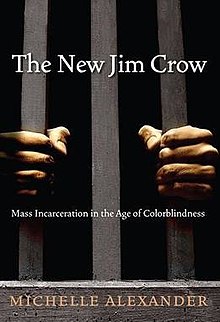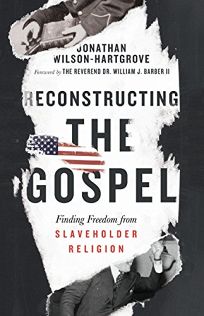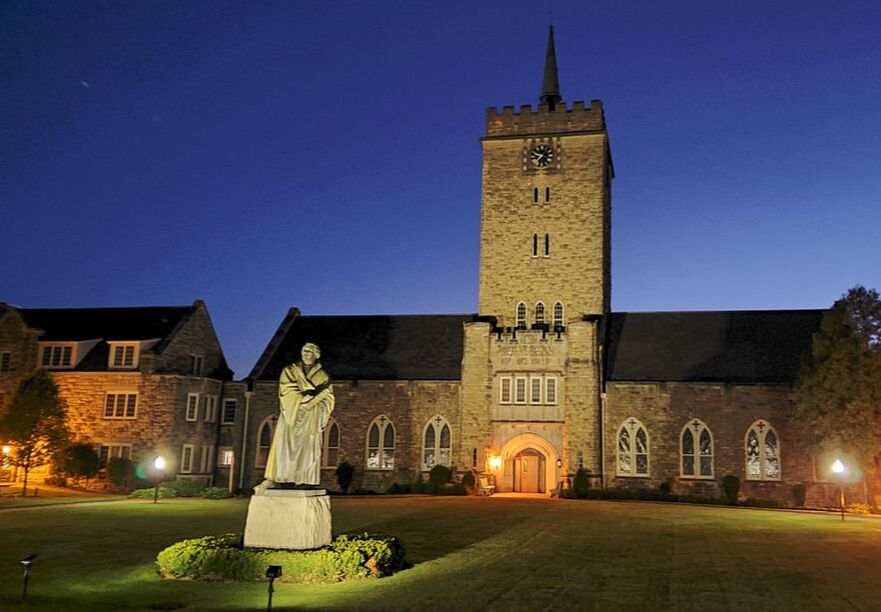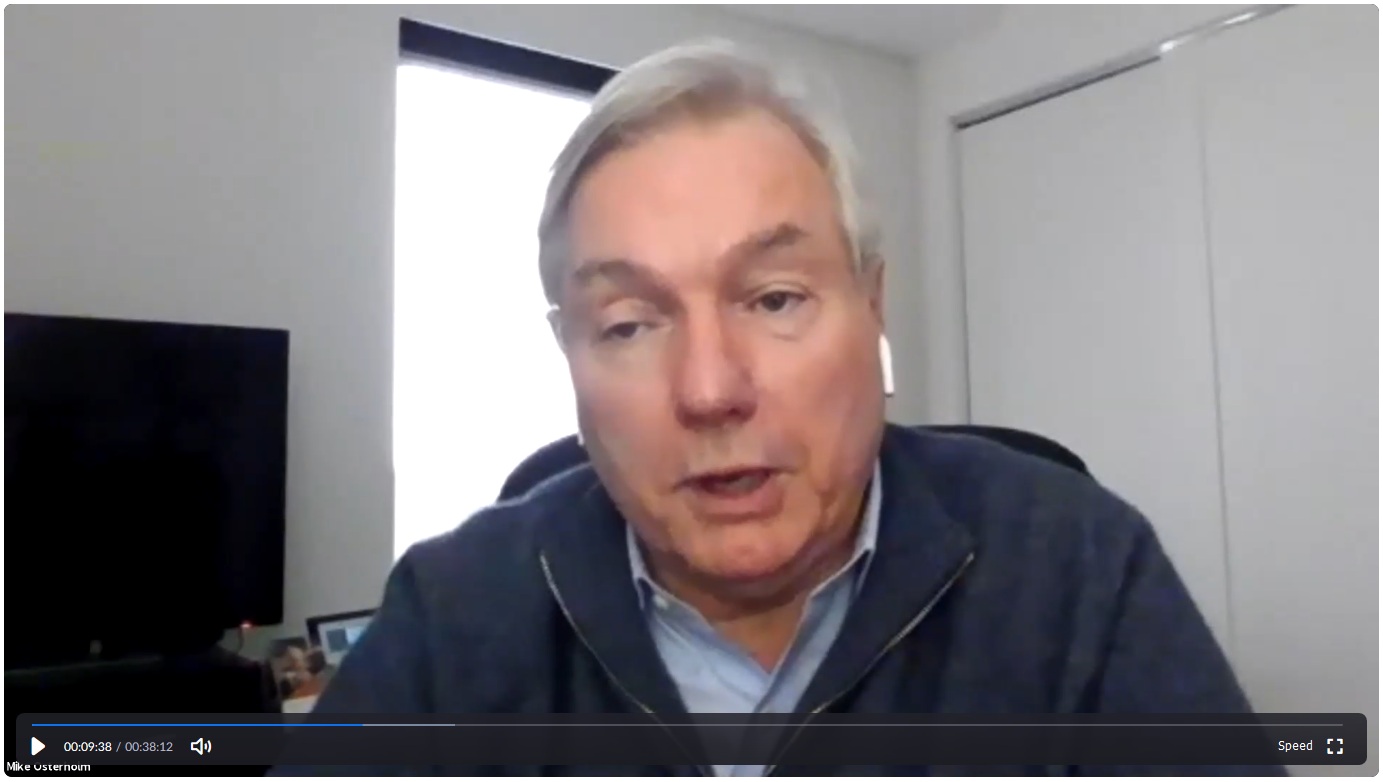Pastor's reflections
Monthly faith reflections from the pastor.
|
|
|
Over 500 years ago Martin Luther was a catalyst for a chain of events that he never imagined would lead to where we are today in our faith and our expression of faith out in the world. If we want to get knit picky, in reality it was God and the Holy Spirit who put in motion these chain of events through Martin Luther and many other reformers of his time but for the sake of simplicity, we will give Luther the recognition for following the Spirit’s guiding. As we near then end of October, as Lutherans we recognize a very special day. No, I’m not talking about Halloween no matter how much I or others love to collect and/or give out candy or love to dress up as monsters, superheroes, princesses, or whatever your heart’s desire. Instead, I am talking about Reformation Day, which happens to be the 31st of October as well. October 31st, 1517, was the day that Martin Luther is said to have hammered the 95 Theses, which were largely written as a rebuttal to the idea and practice of buying indulgences to obtain God’s forgiveness of their sins, on the door of Castle Church in Wittenberg Germany and so we as the Lutheran church (and many other protestant denominations) celebrate Reformation Day on the last Sunday of October. Reformation Sunday is when we as the Church commemorate and remember Martin Luther and the events that transpired that led to reforms within the church. These calls to reforms led to divisions due to resistance to what was being called on to be reformed, as well as brought up disagreements within those looking for reform on what exactly they thought needed to be changed (this doesn’t sound relatable to today’s world at all, haha). There were disagreements over doctrine, theology, and practices in worship and daily life as a Christian. But at the heart of the reformation movement was the biblical proclamation that through the life of Jesus Christ and our faith in him that we are made right with God. We, sinners are justified by grace alone, through faith alone, for the sake of Christ alone, a truth revealed to us in Scripture alone. In other words, it is not about us and what we do or don’t do but it is about God and what God did, does, and will continue to do. Martin Luther didn’t set out to create new denominations of churches he was seeking the Church to go back to its roots of what was actually written in the bible, especially regarding Jesus and what he had taught about himself and God. Luther also, is largely responsible to bringing about the reality of Bibles being written in languages that common folk would be able to understand in their native language, instead of a language that very few knew and would then interpret to the masses. I implore you to not only think of the “reformation” as a past event but as an ongoing and continual event. At the heart of the reformation, it was about God’s love and mercy for all being made known and able to be understood by all people through the call to change and reform the customary practices of the day. We look around the world today and know that it has greatly changed since Martin Luther’s time, and we have also seen much change within our own lifetimes. These days, when we often hear people state that the church is dying, we can reframe our understanding of death and renewal to see that the church as we know it is actually being reformed by the Holy Spirit in ways we don’t yet understand. We could continue to hold tight to what we are used to that often makes us feel safe and comfortable, or we can embrace how God, Jesus, and the Spirit are at work transforming us and the body of Christ in the world. We pray that we will always be open to the work of the Holy Spirit and that the Spirit will guide us into new ways to be the Church together, sharing the good news of God’s love and mercy out in the world. Some events in Martin Luther’s life that led the church to the historical reformation:
Peace, Pastor Tamara I love the book of Acts of the Apostles. It shows what radical lives the gospel and Spirit of Jesus empowered the apostles to live. And the reasons others opposed them seems shockingly relevant to here and now. Acts 16 tells about Paul the apostle and his partner, Silas. They met a young girl who was enslaved, to both humans and an unclean spirit. When Paul cast out the spirit, the human slaveholders revealed their values: profit over people. "But when her owners saw that their hope of making money was gone, they seized Paul and Silas and dragged them into the marketplace before the authorities. …they said, 'These men are disturbing our city!'” Then Paul and Silas were beaten badly and thrown into prison. But, you know, so was Jesus. "About midnight Paul and Silas were praying and singing hymns to God, and the prisoners were listening to them. Suddenly there was an earthquake, so powerful that the foundations of the prison were shaken; and immediately all the doors were opened and everyone’s chains unfastened." The resurrection earthquake! The power of Pentecost! “You have cast the mighty down from their thrones,” we sing during Holden Evening Prayer services, echoing Mary’s Song in Luke 1. Here, God cast those slaveholders and marketplace authorities down: by decisively liberating the prisoners, not by revenge. The story didn’t end here, though, because Paul and Silas made no escape. No, all the prisoners stayed put. Shaken awake, the jailer assumed the prisoners escaped and immediately became terrified. Of those slaveholders and their enabling authorities. Of the humiliation and brutality they’ll certainly unleash on him for his failure. He got ready to kill himself rather than face them. Just then, Paul and Silas interrupted. They told of a Lord of love and mercy, so unlike the slaveholders and their prisons. He immediately trusted in this Lord, and immediately he and his whole household are baptized. Liberated too. No one was free until everyone was free. What a marvelous story! Written, of course, to help us find God and God’s way in our world. Here’s what I take away:
I so identify with the jailer. The people disturbing our cities now remind me of how the Lord of love shook foundations for me, woke me up to racism, and gave me a choice to live for the one true God and serve slaveholders no more. Racism is a power-grab. It’s about plunder, not hate. Bianca Vazquez and Ta-Nehisi Coates woke me up to this. People with wealth, social status, and power invented the lie of race. They used it to maintain and expand their dominance. They still do.  he origins of race and slavery in America show this clearly. So some history, by way of Michelle Alexander’s book, The New Jim Crow. The “elites” of early colonial America were the “planter class” of European immigrants. Their tobacco plantations were the source and symbol of their wealth, power, and status. They needed land and cheap labor. Native Americans lived on the land the planter class wanted. Jealousy for that land (and for more wealth and power) led to the lie of “the civilized white man” and “red savages.” They planted the lie in the Bible (“red Canaanites”) and put the lie in the mouth of God. Then the lie justified plunder and genocide. For cheap labor, the planter class used indentured servants, a kind of temporary slaves. At first, indentured people were both European and African—poor Europeans who sold themselves for a chance at a better life and African captives. But then European and African indentured servants united in an uprising against the planter class. It failed. But alarmed, the planter class adopted a divide-and-conquer strategy to protect their wealth and power. Based on the lie of “white superiority” and “black inferiority,” they bribed poor Europeans with special privileges. They planted the lie in the Bible (“the curse of Ham”) and put the lie in the mouth of God. Then the lie justified slavery and plunder. The lie was written into the Constitution of the United States. The first presidents were members of the planter class. According to USA Today, George Washington was the wealthiest president ever, until Donald Trump was elected. Some might say this is revisionist history. It really is. Acts shows how the first apostles revised the history they thought they knew. The old stories of Abraham, Sarah, Moses had to be told anew, because of Jesus. William Sloane Coffin, pastor and peace activist, said: "There are three kinds of patriots, two bad, one good. The bad ones are the uncritical lovers and the loveless critics. Good patriots carry on a lover’s quarrel with their country, a reflection of God’s lover’s quarrel with the world."  This history is core to my own lover’s quarrel with our country. This history also sheds light on racism’s weakness and suggests a way forward:
I say all of this not to convince but because I am convicted. It’s taken me my whole life so far to unlearn the “history” and lose my “religion” and let the truth set me free. George Floyd and so many more have died in the meantime. “But if I build up again the very things that I once tore down, then I demonstrate that I am a transgressor.” –Paul, Galatians 2:18 “If you know these things, you are blessed if you do them.” –Jesus, John 13:17 “It is for us the living, rather, to be dedicated here to the unfinished work which they who fought here have thus far so nobly advanced. It is rather for us to be here dedicated to the great task remaining before us—that from these honored dead we take increased devotion to that cause for which they gave the last full measure of devotion—that we here highly resolve that these dead shall not have died in vain—that this nation, under God, shall have a new birth of freedom—and that government of the people, by the people, for the people, shall not perish from the earth.” –Abraham Lincoln, Gettysburg Address Thanks be to God. Pastor Clark Olson-Smith “But do not ignore this one fact, beloved, that with the Lord one day is like a thousand years, and a thousand years are like one day. The Lord is not slow about his promise, as some think of slowness, but is patient with you, not wanting any to perish, but all to come to repentance.” “We are on virus time, not human time,” said Dr. Michael Osterholm, epidemiologist and Lutheran. It has certainly been a time to face what is always true: we are not in control. Our actions matter: we can have—we already have had—an influence on the trajectory of the pandemic, on how many and who dies. And, for at least the next year, coronavirus will set the timetable. For the sake of the least of these, we get to practice patience and a lot of letting go and letting God. Control is always an illusion. We don’t so much surrender control as surrender to reality. We are, never were, and never will be in control. We accept this truth and more with a hearty and wholehearted “Jesus is Lord!” The more we want control, the ruder reality seems. So when your gut reaction is to take offense: check yourself. Do 10 “Jesus is Lord”s and one Serenity Prayer and reassess the situation. You may discover your own anxiety, grief, and pain. Don’t run from them. Let them teach you. Let Christ minister to you. My father-in-law’s “rude” reply was wisdom perhaps only a grandfather could offer. It’s second half of life wisdom. Saint Paul called the preoccupations of the first half of his life “reason to be confident in the flesh,” but we could call it “reason to delude himself into thinking he’s in control.” Paul continued, “Yet whatever gains I had, these I have come to regard as loss because of Christ. More than that, I regard everything as loss because of the surpassing value of knowing Christ Jesus my Lord. For his sake I have suffered the loss of all things, and I regard them as rubbish” Love liberates, including from illusion. But understanding what Paul said may not come until great love and great suffering turn us around the bend toward life’s second half. Right now, I’m in a real wrestling match with the illusion of control. Which, my father-in-law would say, is a good sign. I care very much how others feel about me. Illusion would have me believe I can make everyone always feel great about me. Specifically, now, illusion tells me, “If you create a perfect ‘Return to Church’ plan, St. Paul people will feel great about you.” But reality is:
Richard Rohr calls this pandemic a great initiation. Initiation into what? Reality and five “essential messages:”
Accepting reality involves admitting how fiercely we resist it. Each of us have our own favorite ways to cling to illusion. Perfectionism, playing the blame game, varnishing the truth, and never slowing down are a few I know well. But why focus on the negative? Why look into the muck of ourselves? Because right there, at the cross, is the gateway to the deepest, truest, most loving reality: Christ. “I want to know Christ and the power of his resurrection and the sharing of his sufferings by becoming like him in his death, if somehow I may attain the resurrection from the dead.” Paul learned the hard way—just like the rest of us do—that no one, not even Christ, experiences the power of the resurrection without suffering. So first the “rude” “negative” messages, then the five “consoling promises”.
When I was ordained, the then-bishop of the New Jersey Synod gave me, Sara, Gomes, and Giselle the same charge: “So discipline yourselves in life and teaching that you preserve the truth, giving no occasion for false security or illusory hope.” There it is again: reality. It’s worth living in reality, because in reality, Christ lives also.
Thanks be to God. Pastor Clark Olson-Smith |
|
715 South Third Street, Clinton, IA 52732
at the foot of the south bridge
|



